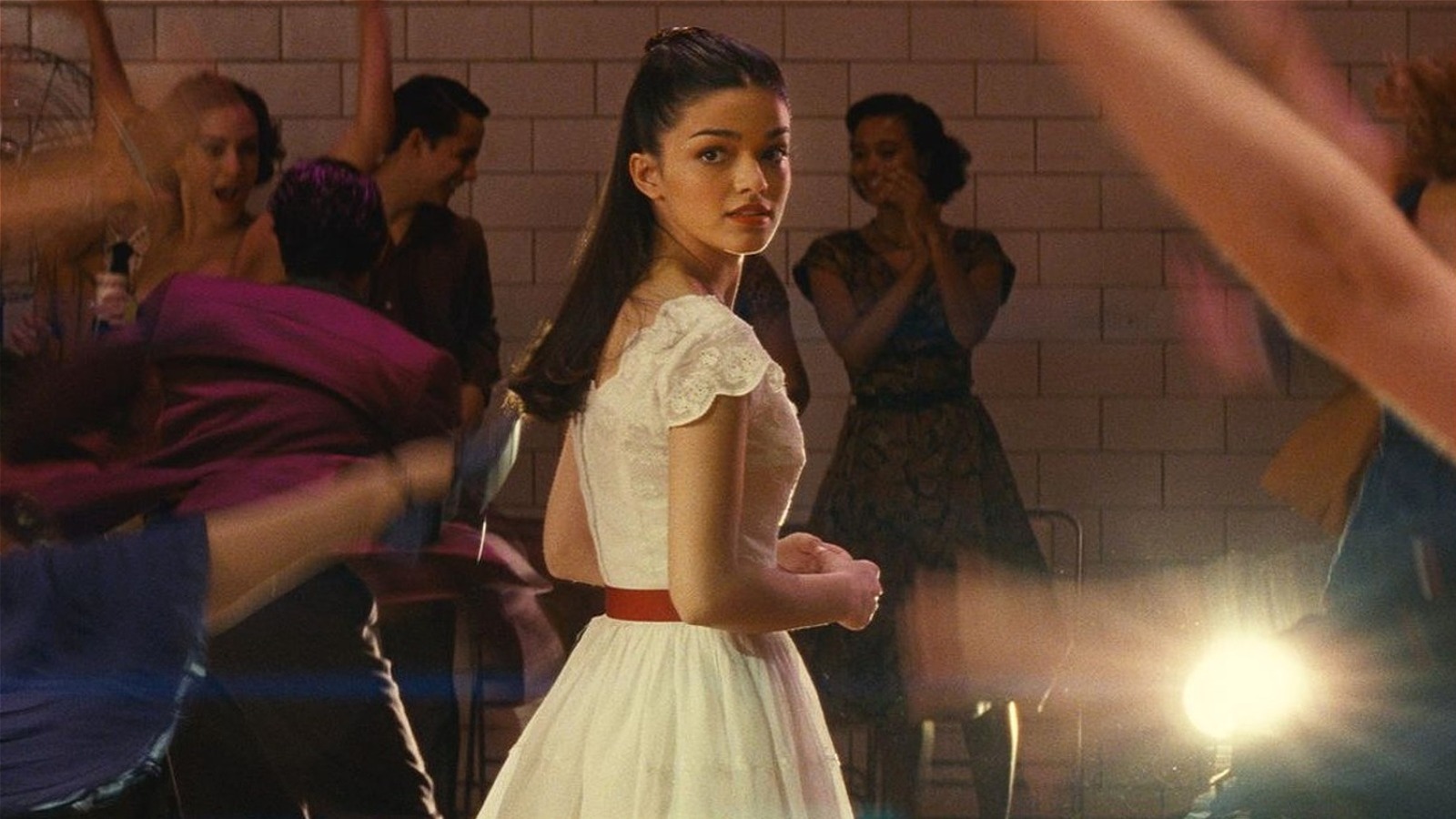 |
| The bygone Waltham Tavern on Shawmut Avenue in Boston's South End |
I try to keep this in mind when I recall my old local in Boston’s South End, a half-lit, low-ceilinged, battered bucket of blood known as the Waltham Tavern. This tiny dive bar was the last holdout of the old neighborhood, a dank remnant of the hardscrabble decades before the gay men moved in and rehabbed the South End into a hip, attractive place to live. The 'Ham was owned by Philip "Sonny" Baiona, an Italian-mafia wiseguy who grew up on the block when it was a war zone and made himself rich through various illicit activities, some of which he'd done hard time for: a giant illegal sports book and the accompanying loan-sharking, large-scale mortgage fraud, cocaine and opioid dealing. And though he’d relocated to an exurban mansion, Sonny still returned to the block every day to conduct his business, mostly out of a little social club just up Shawmut Ave from the tavern.
I became a ’Ham semi-regular within days of moving to the neighborhood, but as one of the yuppie interlopers who were ruining the local ambiance, I kept a low profile. I’d sit and nurse my $2 Bud longnecks at the far end of the bar, grateful for a place close to home to have a quiet smoke and play the one Gorillaz single on the jukebox. I was the dork shrinking into the corner when guys threatened to throw hands over some imagined slight amidst the hammer-headed bar banter, or when tempers flared over a Jäger-fueled dispute at the dollar pool table.
In most bars, these kind of incidents might have sent me packing, but the tavern had an imperturbable calming center behind the stick, a man I’ll call Joe. At 6’4” and 260 pounds, a former state-college linebacker gone slightly to seed, Joe was strong, sober, and unflappable, the toughest bartender I’d ever had serve me a drink. I watched him head off more than one drunken set-to with a couple of basso profundo words, or a step that suggested he might come out from behind the bar and really take things in hand. His deportment was that of a becalmed giant with a temper: even the dimmest roughnecks knew better than to stir him from his equanimity. If Joe got aggravated, the party was over: some dumb drunk was going to the ER.
So it was chilling to be present one night when the Boss Himself made an appearance. I knew Sonny by sight from the neighborhood -- his black Town Car sat double-parked in front of the 'Ham all day with nary a ticket -- but he rarely set foot in the tavern. Yet here he was, in the flesh, in high dudgeon, livid. Some schmuck had won at Sonny’s daily numbers game, and he had to pay off, clearly a rare and galling occurrence. Though in his seventies, he was still a menacing badass: a compact, muscular man in a black leather car coat with thick, slicked-back white hair and a glacial, dead-eyed stare. You might guess he was 50, and you'd surely step the hell out of his way.
Sonny strode behind the bar, reached up to place a palm on Joe’s solar plexus, gently shoved him aside, and began to empty the till, counting out five and tens and twenties into piles. I sat frozen, stunned to see Joe standing mute, board-stiff, visibly sweating. At last Sonny scooped up the cash, unhappy but satisfied, and silently stalked out. The bar exhaled a collective breath. Joe later told me that if the register had come up light that night, he'd have been a dead man, a grease stain.
The ancient mob solider's business ventures eventually came to a bad end: the DEA caught up with Sonny, forced him to relocate from his plush Walpole address to another, less inviting one. The authorities finally noticed that the Waltham’s liquor license was in the name of his long-dead wife and revoked it, swiftly closing the place forever. The building soon sold, to be converted into luxury condos, driving one more nail into the coffin of the old, precarious, interesting South End.
I sometimes think fondly of those days, when a buttoned-down newcomer could peaceably hang with the late-stage alkies who lined up outside for the tavern's 10am opening, the old-timers who remembered when the block was lined with rooming houses, the Southie hood rats who slunk in to buy Oxy, half-tabs made conveniently available with the pill saw on the bar. I regularly brought the staff my wife's excellent cookies: they knew I was harmless, kept an eye out for me.
Not that it was all charmingly-seedy color. One night when Joe was off, I witnessed some cheaply-inked brawler flattening a pathetic, pickled old bum who had given him the wrong look and then unwisely stood up to him. After that poor soul crawled out of the bar, the tough guy gave me an unasked-for justification: "You know, he could've had a shiv.”
But what sticks with me most is Sonny's stone-cold, half-lidded gaze -- the way he made Joe, the biggest, hardest guy I knew, fear for his safety without uttering a word. Recalling that moment, I'm looking at the big pussycats who are my editors in a newly appreciative light. Somehow I don’t want to complain much about any tinkering they might do with my writing. We could wrangle over this word choice or that turn of phrase, but in the end, it's just about food and drink. It's not ever going to be a matter of life and death.




